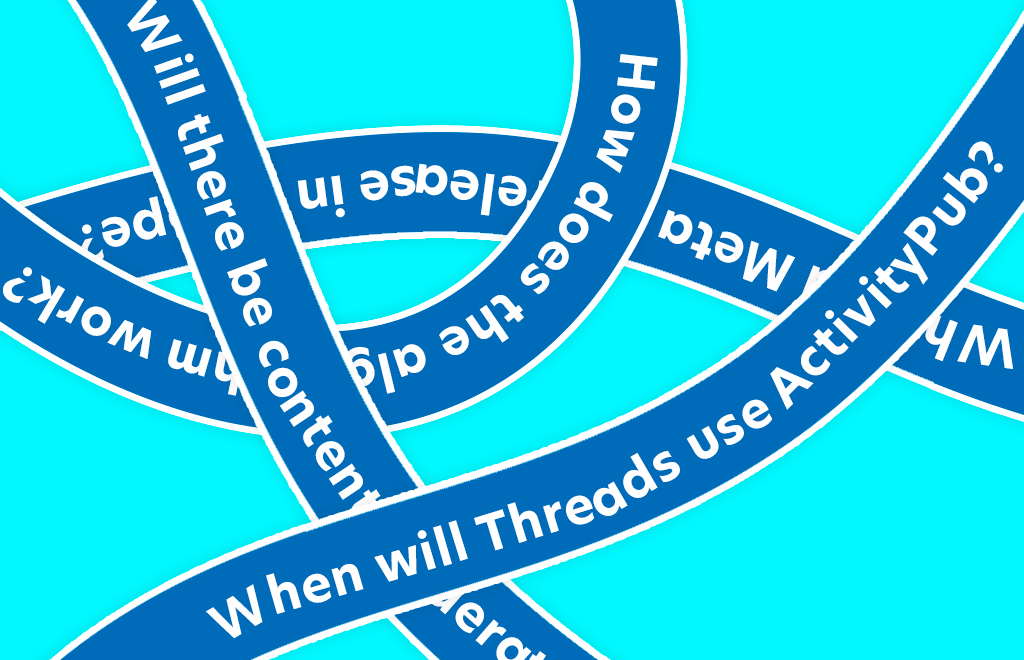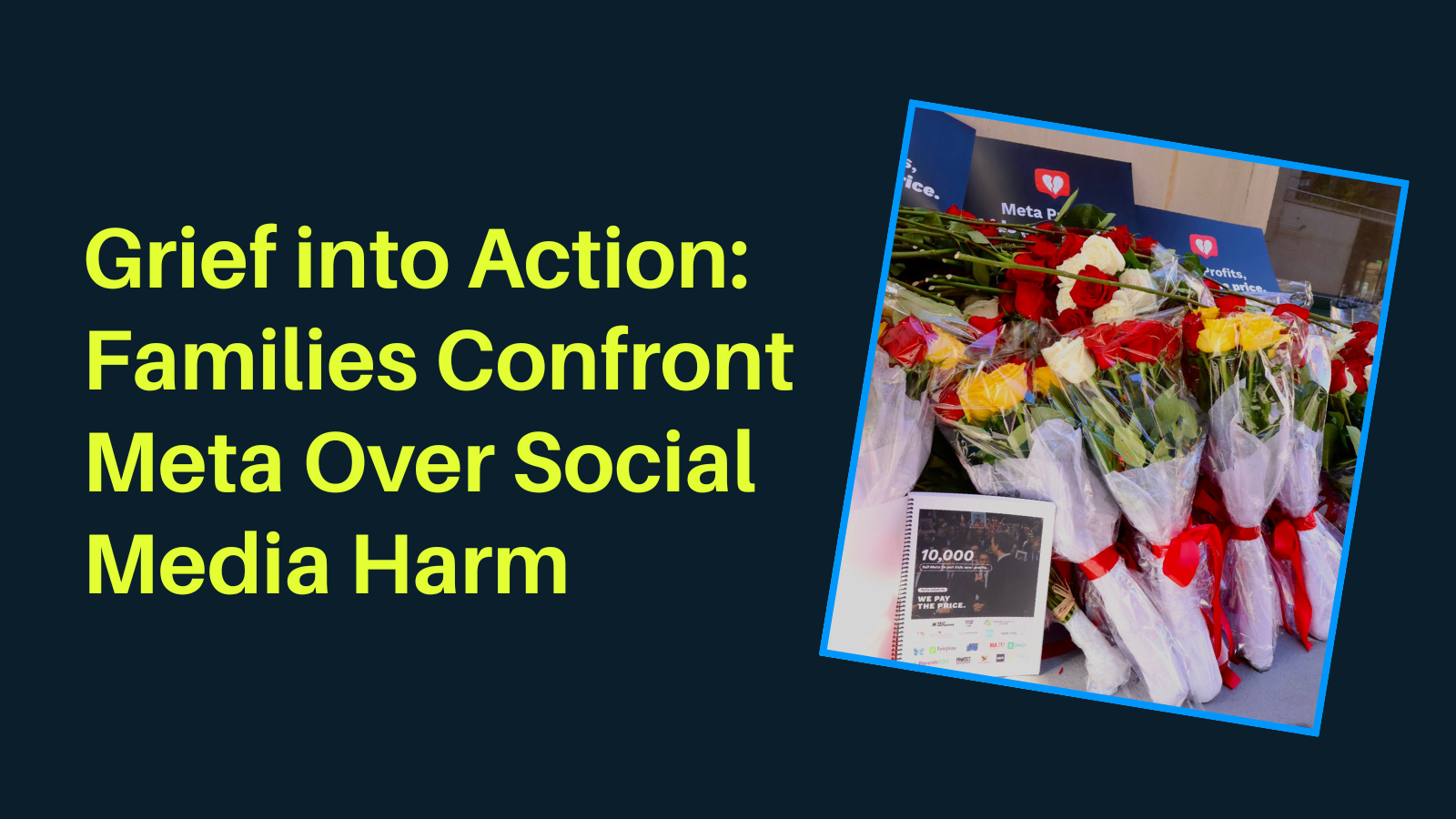Since Elon Musk took over Twitter, he has made the social media platform increasingly unstable and unsafe for users. He reversed basic safeguards to stop hate speech, created a pay-for-verification system, and made it unjustifiable for most brands to continue advertising on the platform.
Twitter’s problems were hard to ignore – both in the media and as a user – yet until now, there has not been any other text-based platform with the same mass audience and reach of Twitter.
Enter Threads.
After Musk’s latest stunt to limit how many tweets users could see, Meta struck while the iron was hot and launched Threads. And in just 24 hours, Threads has amassed over 30 million users, more than all the existing Twitter competitors like Mastodon and Bluesky combined. Props to Meta for leveraging their monopoly power. It’s exponentially easier to launch a new social media platform when it’s tied to a platform with already over 2 billion monthly active users.
Threads has been an earthquake in the landscape of the information ecosystem. Now, Mark Zuckerberg – who is both the CEO of Meta and his own boss as the chair of the company’s board – owns not one, not two, not three, but four mass communication platforms. He owns a majority of Meta’s stock and Meta owns Facebook, Instagram, WhatsApp, and Threads.
It’s been a rollercoaster since the launch of the new platform. I spoke with members of our team about their initial reactions and questions about the new platform. Here are the highlights from those conversations:
- Kaili Lambe: I’ve seen dozens of hot takes from social media professionals and other early Threads adopters about how bad the algorithm is. In order to check it out for myself, I created a new account so that I wouldn’t have to delete my Instagram if I later choose to delete Threads. Consequently, I started with a blank page of algorithmic recommendations. In a short scroll through, much of the content I saw was about Threads itself. From products leaning into the newness of the platform to promote their products (i.e. a GoPro video of a mountain biker going down a steep trail in the dark with the caption “Current @Threadsapp strategy: one turn at a time) to jokes and puns, and news outlets linking to stories about Threads (despite Instagram head Adam Mosseri’s thread Friday that they’re not encouraging politics or ‘hard news’). I’m guessing this is a self-promotion push in the first few days of its existence: the algorithm is working to hype up the platform itself, and it’s rewarding content creators who are leaning into clever Threads promotion. Even with little insight into the inner workings of Meta’s algorithmic recommendations, it’s already evident that, like Meta’s other platforms, Threads is going to be overly reliant on algorithmic recommendations which could enable the spread of viral disinformation – despite Mosseri’s shortsighted bet that they can ignore “scrutiny, negativity … or integrity risks” by simply leaning into “sports, music, fashion, beauty, entertainment, etc.”
- Bianca Recto: Unlike in the United States, tech giants are subject to stricter rules in the European Union to deter them from engaging in anti-competitive behavior and to enhance protections of citizens against mass data collection practices. That’s why it’s no surprise that Meta is holding off on launching Threads in the region due to recently passed regulations, like the Digital Markets Act (DMA) and the Digital Services Act (DSA), because Threads is just another platform for Meta to continue to monopolize the market and monetize our data. They’re no stranger to their power being challenged in the EU, having been fined a historic $1.3 billion for violating data protection rules and recently admitting to “gatekeeper” status under DMA, which makes providing their version of Twitter to EU residents politically and financially impractical. We know it’s possible for governments to step up and enforce stronger antitrust and privacy laws, but the U.S. has historically been slow to keep up. While we wait in vain for Congress to act, we’re eager to see how this plays out in the context of the U.S.’s existing antitrust laws.
- Jesse Lehrich: Speaking of the DMA, it’s worth zooming in a bit more on the extent to which Meta is abusing its gatekeeping power here. They’ve leveraged the spoils of their dominant platforms – unparalleled access to captive users and data – to unfairly tip this market in their favor. And at the same time, they are inextricably tying Threads to those offerings in order to extract anticompetitive advantages for each business line – all at users’ expense. Anyone who wants to join Threads must do so through their Instagram account and agree to let Meta profile them across platforms to fuel their surveillance advertising machine; users can’t even delete Threads without deleting their entire Instagram account. Each of these tactics is explicitly banned by DMA. Meta has recently been pitching their commitment to openness as a core differentiator – from rolling out new details and user controls on algorithmic ranking systems, to chiding rivals for not open-sourcing AI models – but their “decentralized” Twitter clone uses every monopolistic trick in the book to reinforce their own walled garden.
- Robbie Dornbush: Meta said they will support a decentralized system for Threads that will allow users to port over their audience to other platforms. Adam Mosseri said on Threads, “We’re committed to building support for ActivityPub, the protocol behind Mastodon, into this app. We weren’t able to finish it for launch given a number of complications that come along with a decentralized network, but it’s coming.” But we have no sense of when it’s coming for users. Considering how it took Facebook nearly 2 years to launch its long-discussed PR stunt of an Oversight Board, one has to wonder if and when Meta will live up to its promise here for interoperability and flexibility for users. As Frances Haugen once said about Meta, “You can’t trust anything they give you unless you can confirm.”
- Kenya Juarez: This isn’t the first time Mark Zuckerberg has copied competitors to squash competition. He has a long history of doing this over the years: Instagram stories to rival Snapchat, Instagram Reels to rival TikTok, Facebook Dating to rival dating applications like Tinder and Bumble, and Facebook Neighborhoods to rival Nextdoor. Big Tech companies aren’t innovating or making products better, they’re just sticking to their playbook of copy, kill, and acquire to undercut any competition. Still without real accountability and regulation of social media platforms in the US, are we supposed to put the trust of our information ecosystem in the hands of Mark Zuckerberg? Ultimately, Threads appears to be Meta’s latest attempt to undercut competition and expand their toxic business.
- Giliann Karon: Facebook’s moderation teams repeatedly fail to clamp down on harmful, divisive, and false content. This is even truer in countries where the primary language isn’t English. There simply aren’t enough moderators to account for all the languages in the 100+ countries that released Threads this week, and AI review systems still allow loads of harmful posts to fall through the cracks. Whatsmore, Instagram’s Community Guidelines upon which Threads relies are remarkably insubstantial. Like on Meta’s other products, Neo-Nazis and white supremacists have already found a home on Threads. There are 65+ world elections next year, and experts keep sounding the alarm that Meta isn’t doing enough to protect democracy. On Threads, misinformation will continue to flourish, but Mark Zuckerberg will keep throwing his hands up and deflecting.
Time will tell if Meta will live up to their promises and proclamations for Threads. But you can be assured that the Accountable Tech team will continue to hold Meta and the rest of the Big Tech companies accountable.








